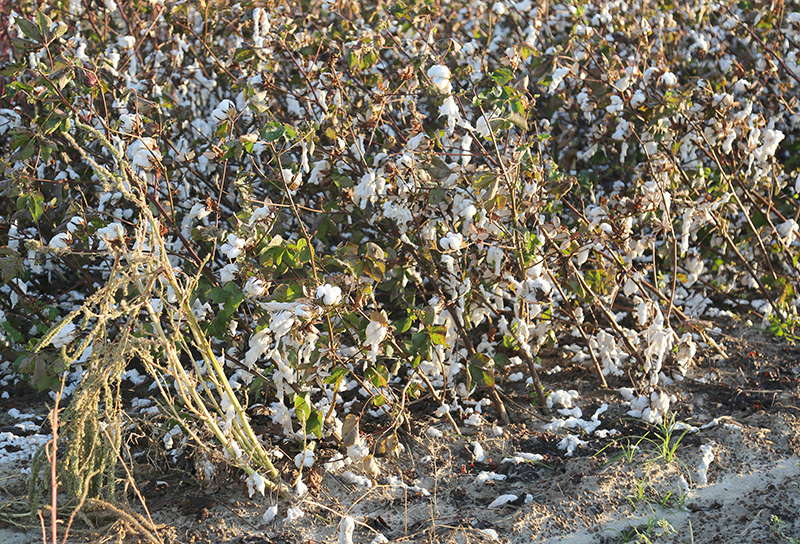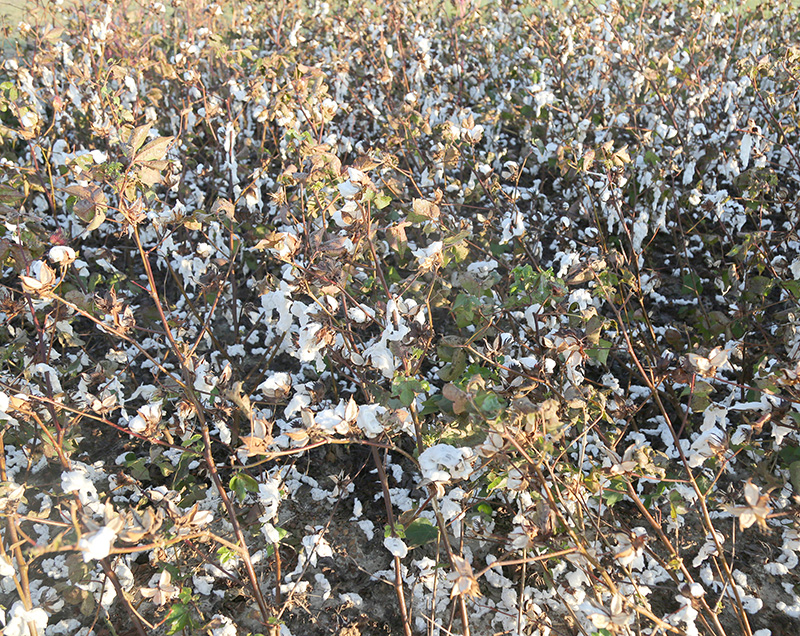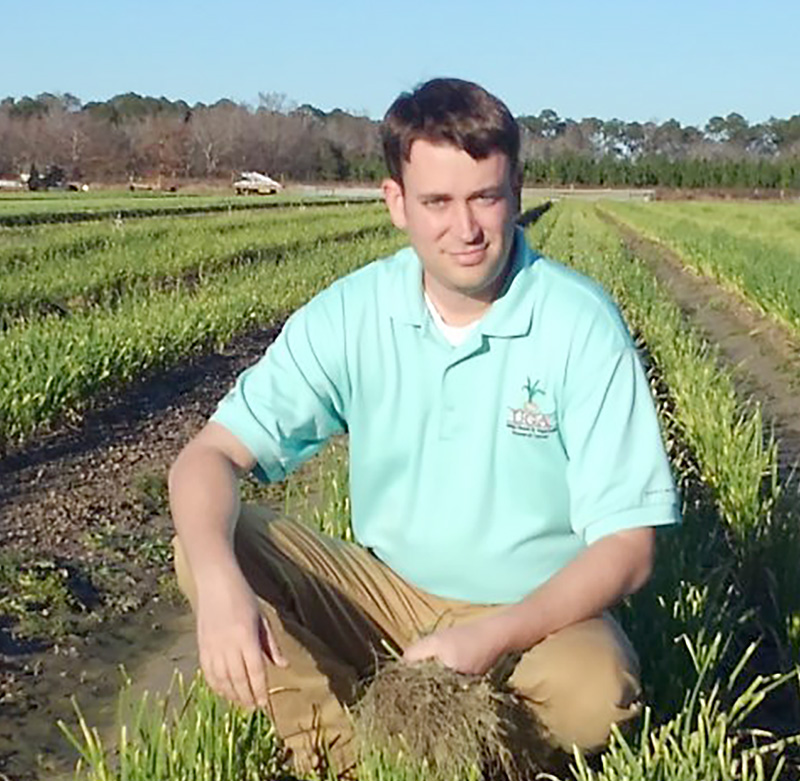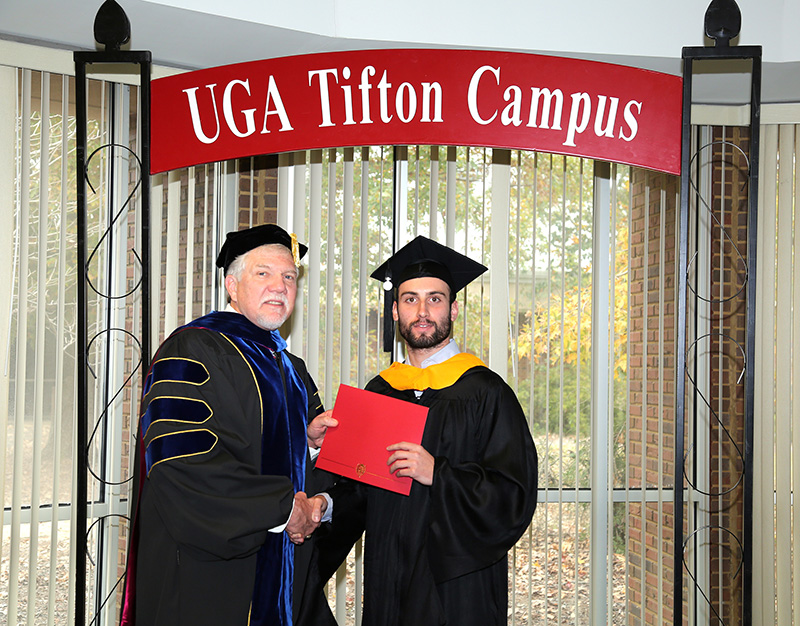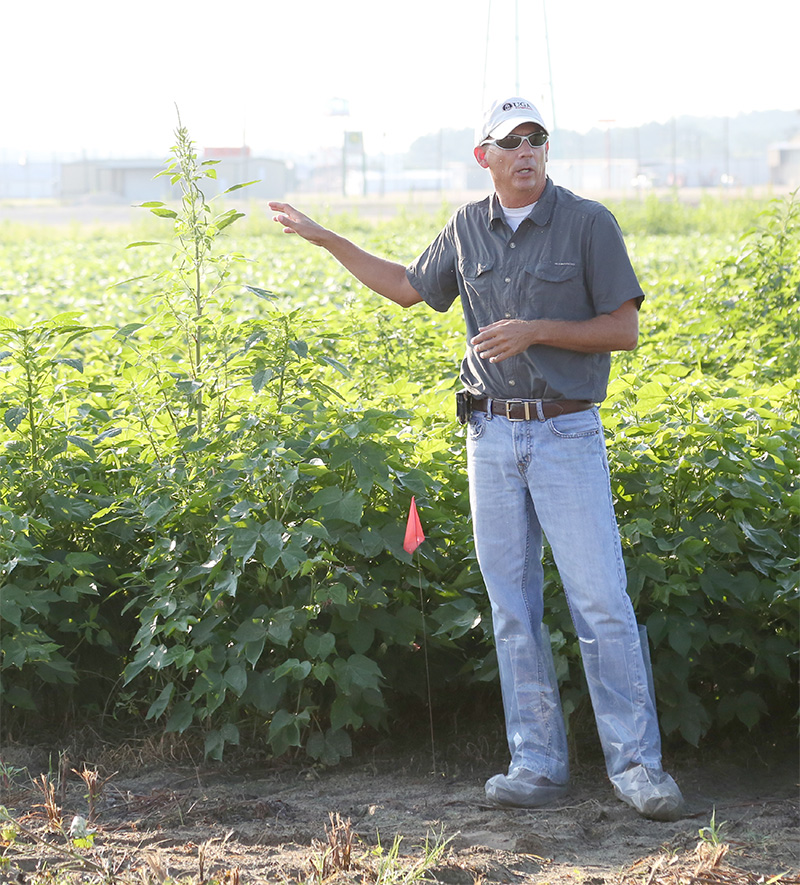 CAES News
CAES News
Cotton farmers should beware of increased herbicide resistance
Georgia cotton producers face two great weed control challenges this season — how to minimize the development of herbicide resistance and mitigating off-target herbicide drift, according to Stanley Culpepper, University of Georgia Cooperative Extension weed scientist.


